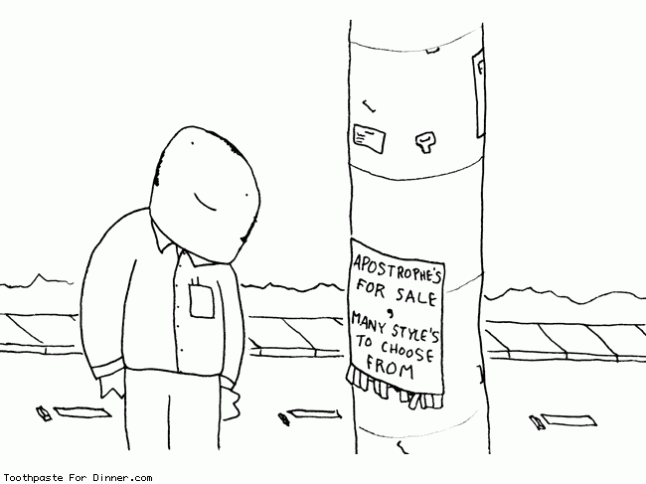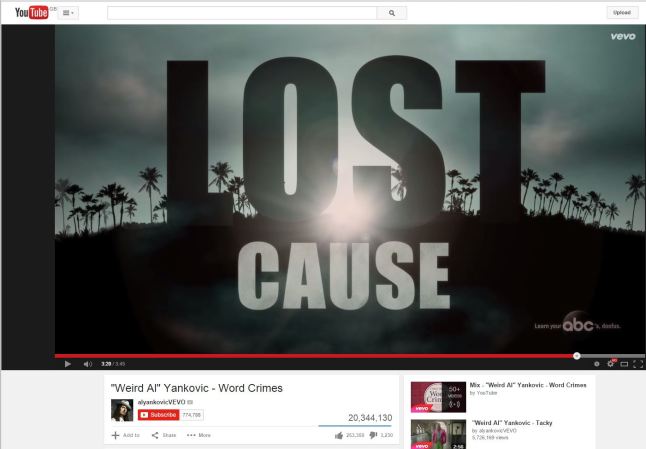In light of yesterday’s news that Collins Dictionaries have updated the Scrabble dictionary to include around 6,500 new entries, it got me wondering if this would put younger players at an advantage for possibly the first time in the game’s history. Before the 2015 update (the first in four years), older participants have often been ahead of the game due to having had more years to gather interesting vocabulary.
All this could now be changing, as many words commonly associated with social media and the ‘younger generation’ have crept into the latest Scrabble dictionary. (I know there are plenty of over-30s who are fluent in their use of social media and modern parlance, but based on my circle of friends I know relatively few who are totally comfortable using terms such as ‘lolz’, ’emoji’ and ‘thanx’.)
Before I started working as a copy-editor and proofreader, I considered myself to have a pretty wide vocabulary, and over the course of my work I’ve become familiar with the definitions of many more words. However, these are ones which already appear in standard dictionaries. I’m far less sure of the meaning of many terms which my much younger cousins and their friends think nothing of using on a day-to-day basis.
Many of the people they spoke to for New Zealand website Stuff seemed to echo my bewilderment at some of the terms used. Dench*, anyone?
I was surprised when I got 5/7 on BBC Newsbeat’s quiz on the meanings of some of these new words, but suspect that if it hadn’t been multiple choice I might have failed a little harder.
Metro also brought out their own quiz, this time without the multiple choice option. This time I got 27/42. Why not give it a go and see if you can beat my score? Shouldn’t be too difficult to manage!
In light of my poor performance, I think it’s time I got reading through the full list and doing some revision, otherwise I might get left behind in the digital age! I’m not sure I’ll be able to make full use of some of them in everyday conversation without sounding like Nathan Barley (“What’s up, my tweeps**?”), though…
* Excellent.
** Twitter users.




